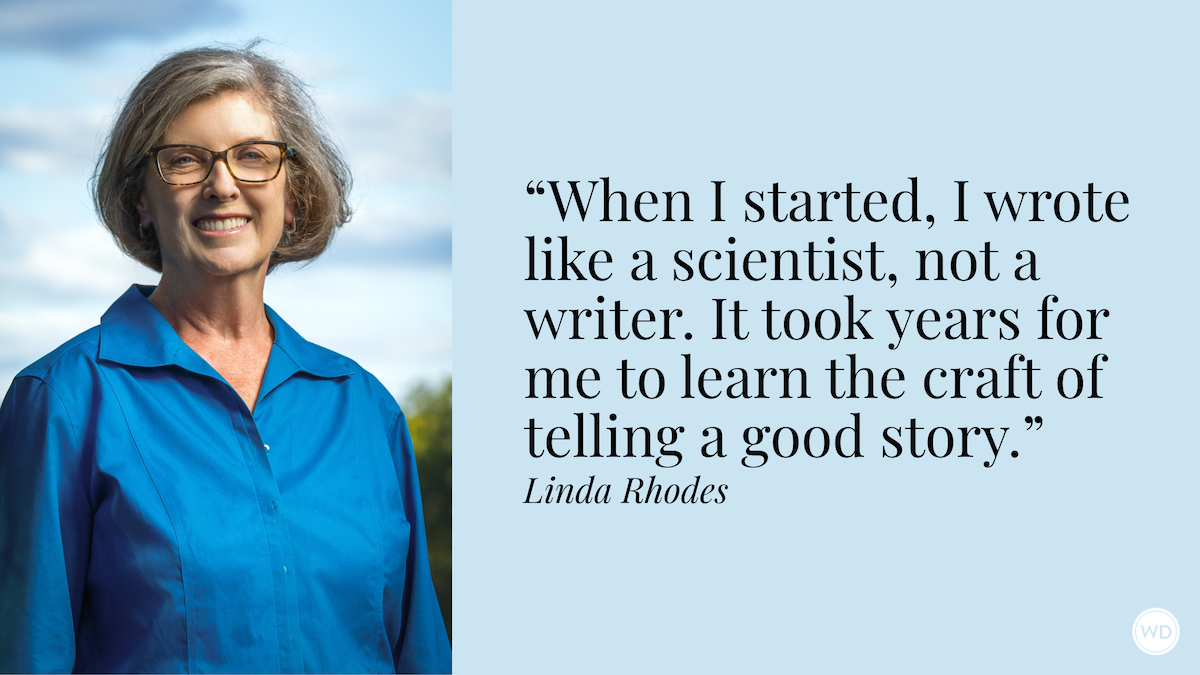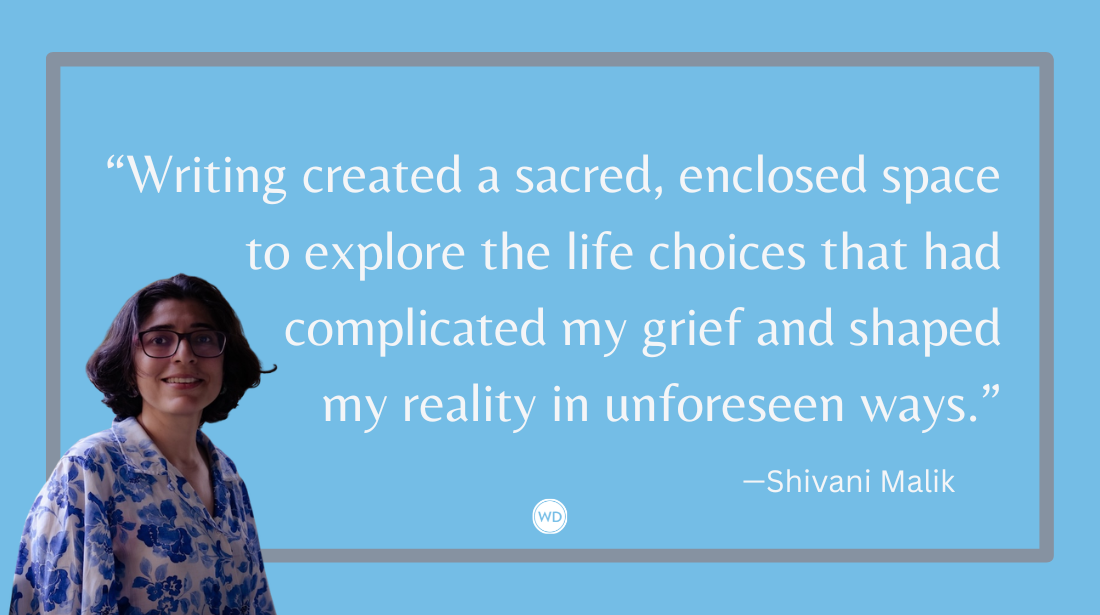Natasha Siegel: You Need To Believe in Your Own Work
In this interview, author Natasha Siegel discusses foraying into a new genre with her new historical romantic fantasy, As Many Souls As Stars.
Natasha Siegel is a writer of historical fiction, fantasy, and romance. She was born and raised in London, where she grew up in a Danish-Jewish family surrounded by stories. Her poetry has won accolades from Foyle's and the University of Oxford, and her debut novel, Solomon’s Crown, was a New York Times Book Review Editor’s Choice. Follow her on Instagram.
In this interview, Natasha discusses foraying into a new genre with her new historical romantic fantasy, As Many Souls As Stars, her advice for other writers, and more.
Name: Natasha Siegel
Literary agent: Catherine Cho, Paper Literary
Book title: As Many Souls As Stars
Publisher: William Morrow
Release date: November 25, 2025
Genre/category: Historical Fantasy, Romance
Previous titles: Solomon’s Crown; The Phoenix Bride
Elevator pitch: A gothic and romantic speculative novel about two women—a witch and an immortal demon—who make a Faustian bargain and are drawn into a cat-and-mouse-chase across multiple lifetimes.
What prompted you to write this book?
I was inspired initially by Marlowe’s Faust—what would a sapphic take on this iconic legend look like? But as I played around with this idea, I realized that the idea of selling your soul had incredible resonance with my experiences as a queer woman, and the novel became a way for me to explore that and make my first foray into fantasy.
How long did it take to go from idea to publication? And did the idea change during the process?
I wrote the initial draft of the book during the early pandemic, and it’s coming out in 2025, so about five years! The book changed massively in the process—it started off much more plot driven, harsher, and less romantic. But as I wrote I truly fell in love with the characters, and I realized I wanted to invest much more time and energy into their development and their relationship, to the point where I actually ended up doing a blank-page rewrite. It was a ton of work, but absolutely worth it; I went from considering shelving the manuscript entirely to absolutely adoring it.
Were there any surprises or learning moments in the publishing process for this title?
This was a foray into a new genre for me, and so I learnt a lot both during the writing process and during publishing. There’s of course crossover with the audience for my previous historical romances, but one of the most delightful things about it has been getting to chat with and encounter the incredible readers and other writers in the fantasy space! There’s so much incredible innovation happening in this genre and it’s so wonderful to experience it first-hand. It’s also been interesting to see how things like publicity and marketing differ between genres and publishers, too—there’s so much effort and creativity involved for all these teams and seeing their ideas come to life is wonderful.
Were there any surprises in the writing process for this book?
Apart from deciding to rewrite it from scratch? Since this novel takes place across several different time periods, my research was a complicated but fascinating process. I encountered lots of things that really surprised me and that have surprised readers, too—I’ve had some people tell me they assumed something was inaccurate until they looked it up! Details from the use of glitter in Elizabethan makeup to the excessive smoking at Regency Balls. I learnt so much while writing, and it reminded me why I’ve always been so in love with historical settings.
What do you hope readers will get out of your book?
On a fundamental level, although this book is very gothic—all about female rage and struggling against patriarchy—I do hope that readers also see the moments of light, too. How love can illuminate something beautiful even in darkness. And I hope it raises some questions, too. What do we owe those who came before us, and those who come after?
If you could share one piece of advice with other writers, what would it be?
Be stubborn, and maybe even a little conceited. You need to believe in your own work, be confident that it’s worthwhile, because you are the only fundamental consistency in the process—and your love of the craft is what will make it always worth it, regardless of all the noise from outside.








